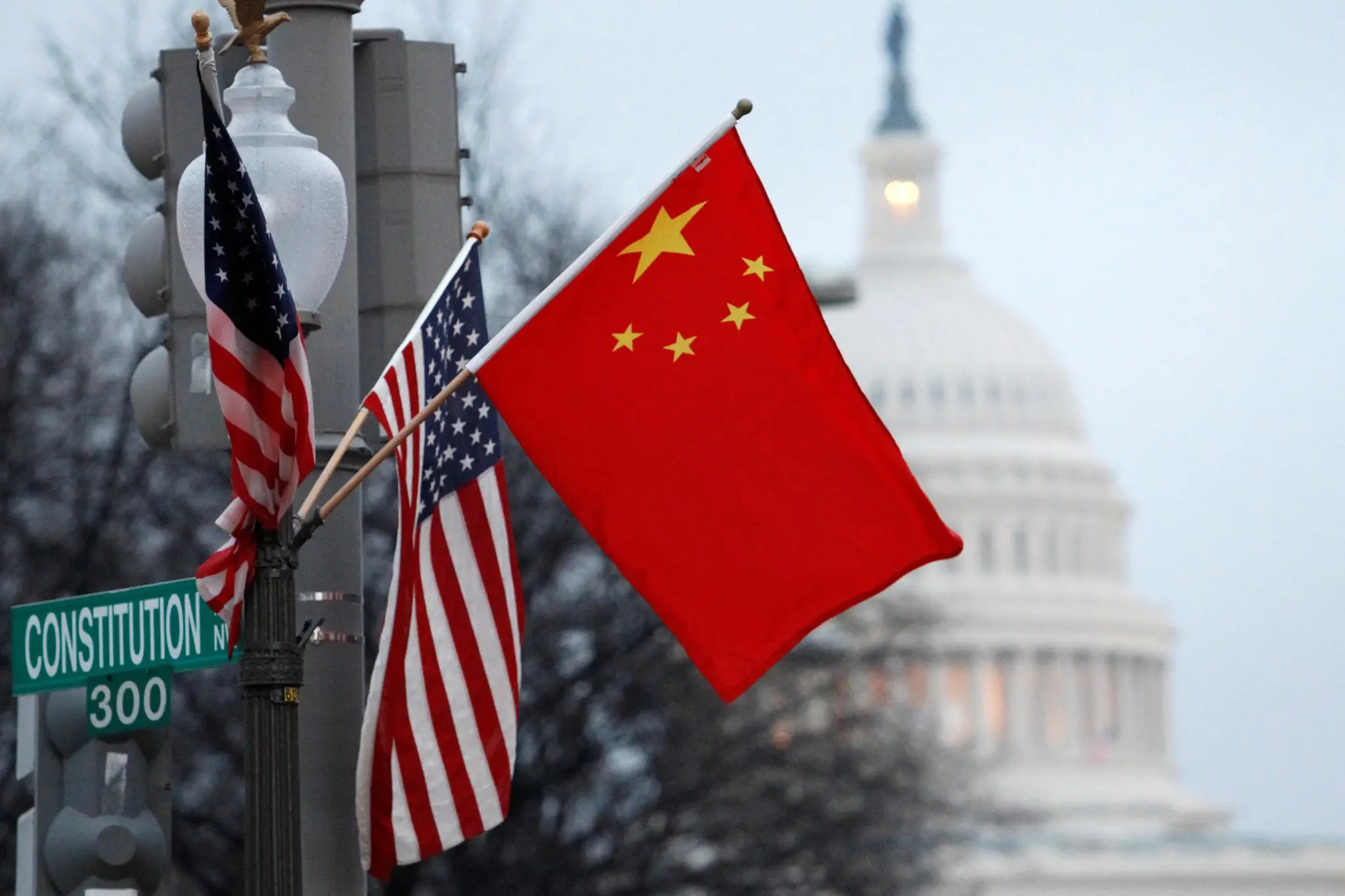China Demands Tariff Rollback as Global Trade Strains Deepen
06.05.2025 17:00 2 min. read Alexander Stefanov
Global markets are feeling the strain as U.S. trade policy under President Donald Trump continues to send ripples through the world economy.
Once powered by relatively open trade, international commerce is now tangled in uncertainty, with companies slashing forecasts, reevaluating supply chains, and warning of job losses.
The root of the disruption: sweeping tariffs imposed under Trump’s banner of economic nationalism. While promoted as a way to boost American industry and reduce trade deficits, these measures have instead triggered a wave of retaliation, particularly from China, the EU, and Canada—damaging international production networks and raising costs for businesses across borders.
Cyrus de la Rubia of Hamburg Commercial Bank warns that the aftershocks may worsen, while Shilan Shah of Capital Economics sees no sign of tariffs easing, particularly in relation to China. A recent analysis by economist Turalay Kenc highlights how these policies destabilized financial markets, citing a dramatic spike in the Global Economic Policy Uncertainty Index, which jumped from 183 to 460 in less than a year.
Kenc argues that the tariffs, far from being corrective, acted more as a zero-sum tactic—benefiting the U.S. at the expense of its trading partners and fragmenting long-established supply chains in the process.
Meanwhile, tensions with China remain high. Beijing is reportedly weighing a U.S. proposal to discuss tariffs after both sides slapped steep duties on each other’s goods. But China’s Commerce Ministry remains firm, accusing Washington of using pressure tactics and warning that negotiation without genuine intent won’t succeed. Chinese officials have urged the U.S. to roll back unilateral tariffs and acknowledge what they call policy missteps.
Despite the standoff, the U.S. has hinted at progress with other countries, including India, Japan, and South Korea, as it looks to prevent additional trade disputes.
-
1
U.S. Announces Sweeping New Tariffs on 30+ Countries
12.07.2025 16:30 2 min. read -
2
US Inflation Heats Up in June, Fueling Uncertainty Around Fed Cuts
15.07.2025 16:15 2 min. read -
3
Key U.S. Economic Events to Watch Next Week
06.07.2025 19:00 2 min. read -
4
Gold Beats U.S. Stock Market Over 25 Years, Even With Dividends Included
13.07.2025 15:00 1 min. read
US Inflation Heats Up in June, Fueling Uncertainty Around Fed Cuts
U.S. inflation accelerated in June, dealing a potential setback to expectations of imminent Federal Reserve rate cuts.
Gold Beats U.S. Stock Market Over 25 Years, Even With Dividends Included
In a surprising long-term performance shift, gold has officially outpaced the U.S. stock market over the past 25 years—dividends included.
U.S. Announces Sweeping New Tariffs on 30+ Countries
The United States has rolled out a broad set of new import tariffs this week, targeting over 30 countries and economic blocs in a sharp escalation of its trade protection measures, according to list from WatcherGuru.
Key U.S. Economic Events to Watch Next Week
After a week of record-setting gains in U.S. markets, investors are shifting focus to a quieter yet crucial stretch of macroeconomic developments.
-
1
U.S. Announces Sweeping New Tariffs on 30+ Countries
12.07.2025 16:30 2 min. read -
2
US Inflation Heats Up in June, Fueling Uncertainty Around Fed Cuts
15.07.2025 16:15 2 min. read -
3
Key U.S. Economic Events to Watch Next Week
06.07.2025 19:00 2 min. read -
4
Gold Beats U.S. Stock Market Over 25 Years, Even With Dividends Included
13.07.2025 15:00 1 min. read


